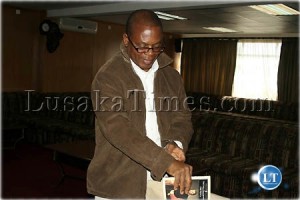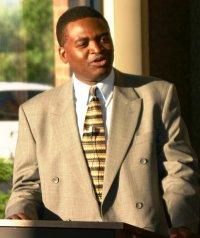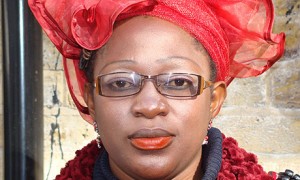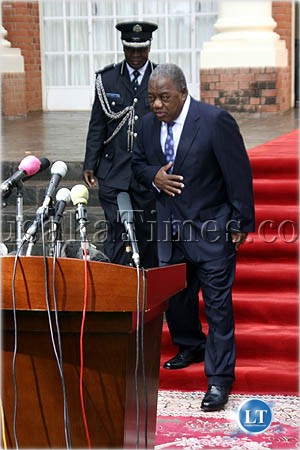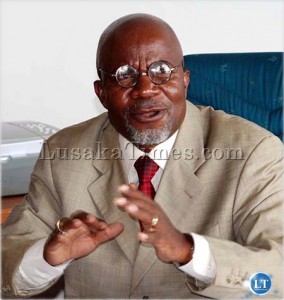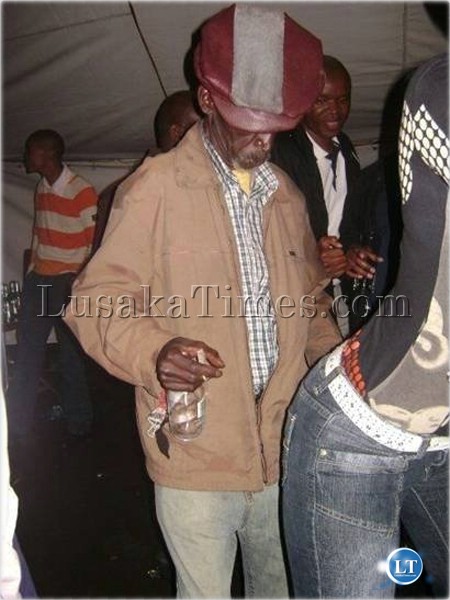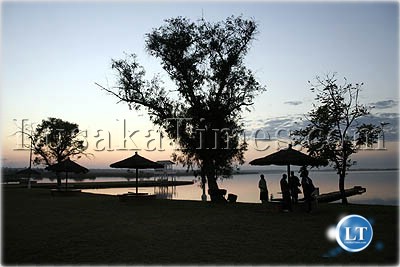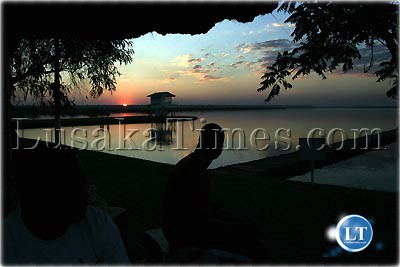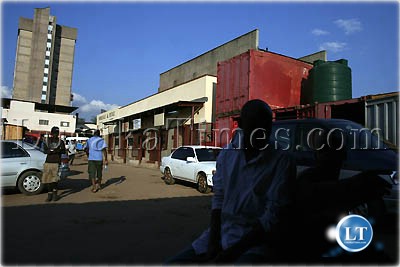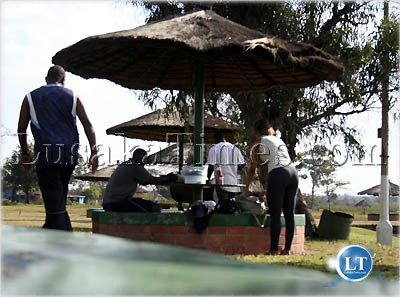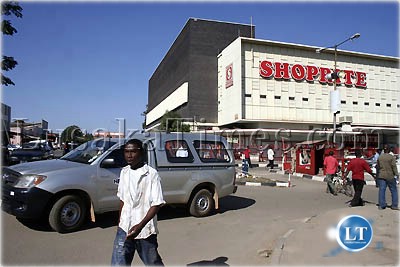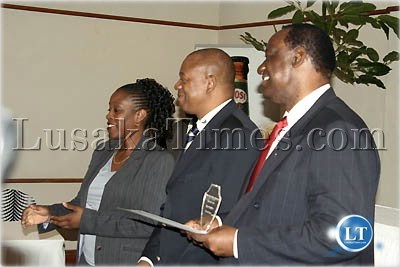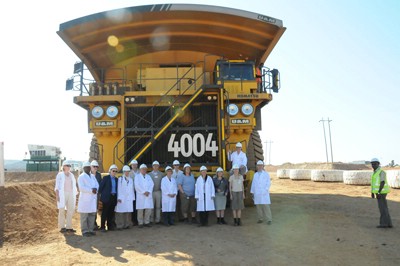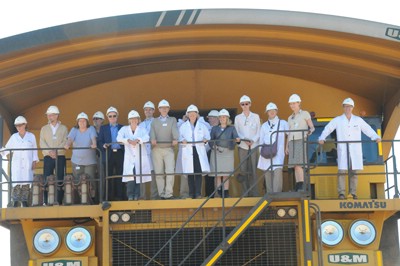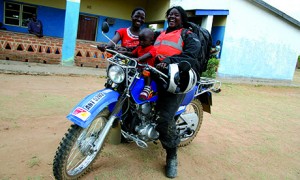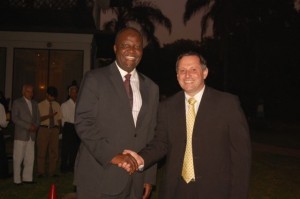
Philips today kicked off the Lusaka leg of the Cairo to Cape Town Tour, during which, from May 12 to July 20, 2010, Philips will travel across Africa to raise awareness for the opportunities of new solar powered LED lighting and best in class medical solutions to improve the quality of healthcare in Africa. An estimated 560 million Africans have no effective lighting at night and the demand for effective healthcare solutions that increase access to healthcare in Africa is growing rapidly. As a leading company in health and well-being, Philips will meet with relevant stakeholders in 15 countries to present and discuss its simple and effective lighting and healthcare solutions during this 2-months road show.
Solar lighting to strengthen economy, education and well-being
In Africa, it goes dark all year round at about 6.30-7.00 pm and this darkness holds countries back socially and economically. Philips believes that access to effective, energy efficient and sustainable solar lighting has the potential to strengthen Africa’s economic, social, educational and cultural activities in a life-changing way. Philips new solar lights include a small LED reading light that offers children the chance to do school homework at night or for adults to more easily follow evening classes. These lights are affordable and offer the potential for a major boost in literacy across the continent.
‘It is amazing what solar lighting can change for the lives of the people living in these areas. It can strengthen Africa in many transformational ways’, says Dutch soccer legend Ruud Gullit who is working with Philips to gain attention for the world’s first solar powered LED football field lighting system. This latest innovation will effectively extend the day for communities without access to electricity allowing them to play and watch a game of football in the evening. Gullit: ‘It is important that the African people have access to simple and sustainable solutions to build the future.’
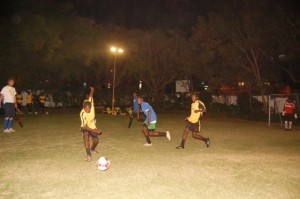
Philips also partners up with The Right to Play foundation, which aims to improve the lives of children in some of the most disadvantaged areas of the world. Matthijs Huizing, director of Right To Play Netherlands: ‘We are pleased to join forces in communicating the power of sport and play for development, health and peace, strengthened by the new opportunities that solar LED lighting offers.’
‘’As the leading company in Health and Well-being, Philips plans to serve Africa’s growth potential in terms of partnerships for innovation, solution supply and knowledge sharing by bringing meaningful lighting and healthcare solutions to the African people”, said Tamer Abolghar, General Manager, Philips Lighting, Egypt and Eastern Africa.
Innovation and partnerships to improve quality of healthcare
Sub-Saharan Africa accounts for 11 percent of the world’s population, yet bears 24 percent of the global disease burden and commands less than 1 percent of global health expenditures. The average life expectancy in sub-Saharan Africa has remained at roughly 50 years since 2002. Philips points out that there are signs of improvement: the quality of hospitals and medical staff increased significantly in the last years and many healthcare projects have boosted the transformation to modern and well-structured healthcare systems in Africa.
‘At Philips, we applaud the fact that governments, public and private hospital sectors increasingly dedicate energy towards making healthcare more accessible and affordable’, JJ van Dongen, Senior Director and General Manager, Philips Healthcare – Africa & Country Manager – Philips South Africa. ‘Demand for new healthcare solutions is growing fast. Our mission is to improve the quality of healthcare in Africa through access to education, sharing of best practices and improved collaboration between public and private stakeholders’.
Philips cooperates in Public Private Partnerships (PPP), supports large-scale projects that are aimed at upgrading hospitals, educating healthcare professionals and supplying medical equipment. Furthermore, Philips takes part in the ORET international development initiative, which is funded by the Dutch Ministry of Foreign Affairs and seeks to promote economic growth in developing countries in order to promote sustainable development and growth.
Source: [ LANGMEAD & BAKER COMMUNICATIONS


